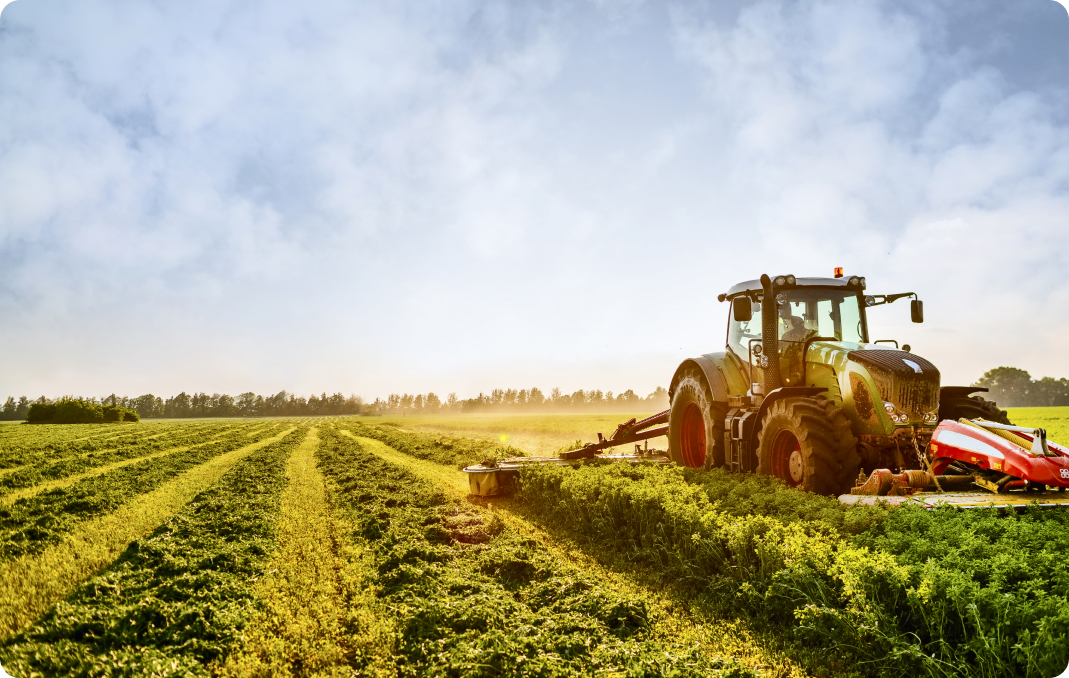The European fertilizer market is facing one of its most severe crises in years, driven by rising raw material prices and geopolitical tensions. High production costs, stock shortages, and logistical issues have pushed prices up, impacting farmers and producers. The weakness of the euro and the conflict in Ukraine further complicate access to key supplies. Without intervention, this situation could destabilize the agricultural sector.
Nitrogen fertilizers, particularly urea, are the most affected. Farmers, facing rising costs, are delaying purchases, which reduces availability in the market. The crisis is exacerbated by EU policies aimed at reducing dependence on Russian and Belarusian supplies.
MBF Group SA is positioning itself as a reliable supplier of quality fertilizers in the EU, offering products such as urea and nitrates, while adapting to market needs.
Challenges in the Fertilizer Sector
The increase in natural gas prices, essential for fertilizer production, has directly impacted costs. Sanctions on Russia and Belarus have limited access to fertilizers and, combined with logistical issues, have led to a market shortage. The weakening euro also raises import costs.
Producers’ margins are negative, leading many to reduce production. This has intensified the fertilizer shortage in the market, affecting agriculture and the economy overall.
Price Outlook for 2025
By early 2025, urea prices reached record levels due to high production costs, limited supply, and strong demand. Bids in India and logistical challenges in Iran have also contributed to the price increase. The war in Ukraine has restricted transport routes and raised costs.
EU measures to limit imports of Russian and Belarusian fertilizers are crucial. Poland and other Eastern European countries are pushing for the implementation of anti-dumping duties to protect local producers from unfair competition.
Conclusion: The Need for Coordinated Action
To stabilize the fertilizer market, the EU must implement effective sanctions and support the development of alternative supply sources. Investment in sustainable technologies and the protection of local producers are essential to address the crisis and ensure a viable future for European agriculture.
